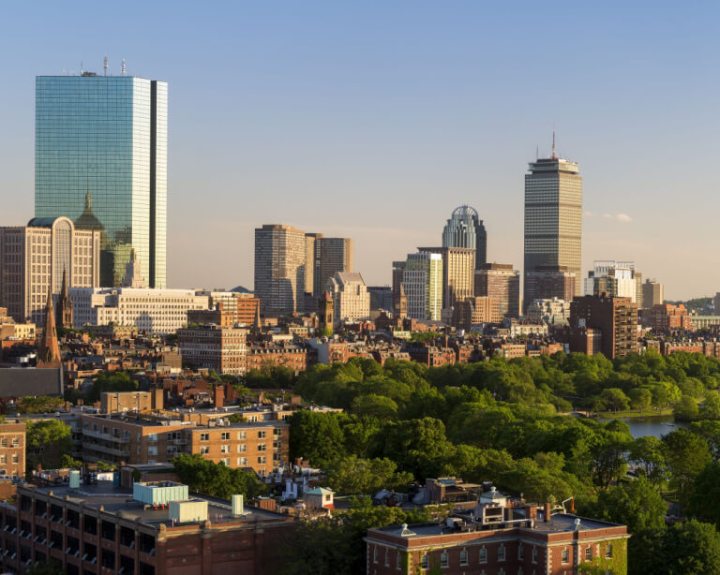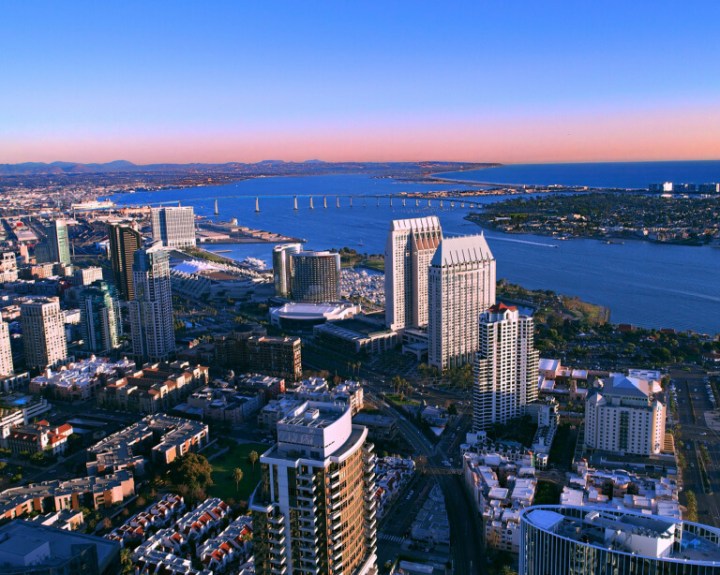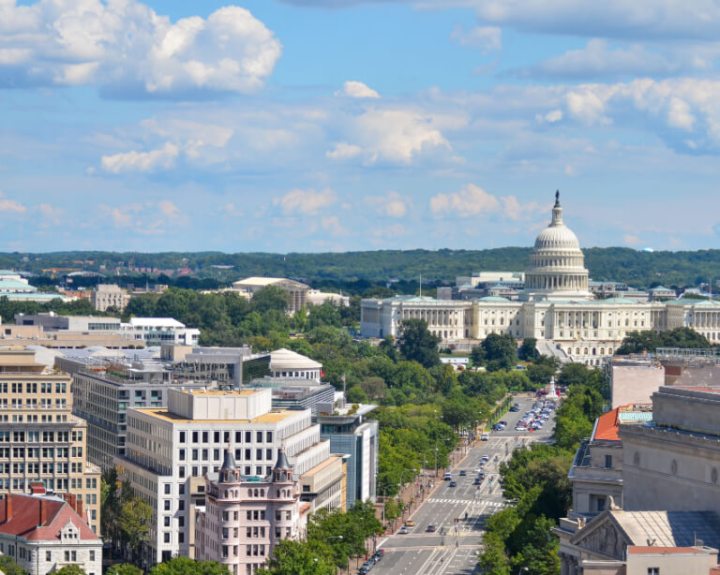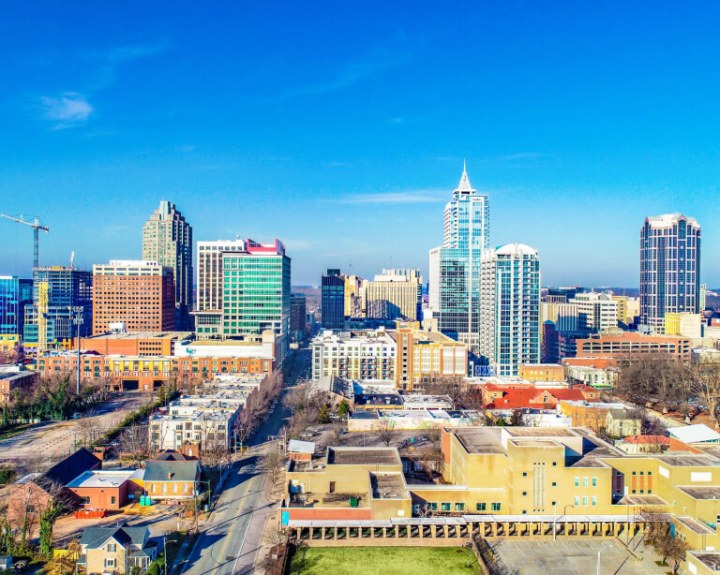Most Attractive U.S. Metros for Life Science Companies in 2022
Throughout the last two years, there have been many scientific breakthroughs in the life sciences sector. And, as demand for products and services provided by this market continues to grow, the life sciences industry needs more space to accommodate new talent joining the workforce to meet the needs of consumers and investors.
In a recent report, CommercialCafe analyzed several key elements, including regional talent pool; availability of dedicated property or office space that can be redeveloped into life sciences space; and the state of development toward expanding life sciences capacity across 45 of the largest U.S. metros. Based on these metrics, we ranked the areas that foster the most favorable combination of factors that could support the life sciences industry’s expansion:
1 Boston Metropolitan Area
The Boston metropolitan area ranked first with 75.35 out of 100 points, earning great marks across several metrics. For instance, Boston had the largest life sciences labor force and life sciences real estate market, as well as the largest share of LEED-certified office space.

2 San Francisco Metropolitan Area
San Francisco’s metropolitan area ranked second on our list with a total score of 46.89 points. It garnered great marks for metrics like life sciences real estate market size, future market expansion potential, and LEED-certified office space. Additionally, the metro accommodated the largest talent pool among our study’s entries, as well as the third-highest life sciences talent pool of all cities in our study.

3 San Diego Metropolitan Area
A total score of 40.47 points placed the San Diego metropolitan area third. The market is also poised for further growth in the life sciences sector, despite already earning the fifth-highest local life sciences employment score. However, one of the city’s strongest suits was its sizeable share of life sciences properties out of the total amount of San Diego office space.

4 New York Metropolitan Area
The New York metro area logged the highest score for life sciences educational attainment and came in second on the list of total life sciences employment, earning a total score of 33.64 points.

5 Washington, D.C. Metropolitan Area
Washington, D.C. earned a total score of 33.59 points. Notably, both of its best-scoring metrics — life sciences educational attainment and a sizeable Washington, D.C. office pipeline — point to the region’s potential as a growing life sciences hub.

6 Chicago Metropolitan Area
The Chicago metropolitan area earned 29.48 points due to the metro’s strongest-scoring metrics. Those included educational attainment and available office space for the life sciences industry, with almost half of the office space in Chicago already LEED-certified.

7 Philadelphia Metropolitan Area
Philadelphia scored 29.07 points to come in fourth in life sciences developments under construction, as well as sixth in existing life sciences space. Philly also ranked among the top 10 cities with the most LEED-certified life sciences office spaces.

8 Raleigh, N.C. Metropolitan Area
Raleigh earned a total score of 29.06 points. Here, the market’s attractive traits — the third-largest share of life sciences space, the ninth-best score for LEED certification and the seventh-best growth potential for life sciences space — pushed the metro upward in the standings.

9 Seattle Metropolitan Area
Home to established leaders in immunotherapy and key global health changemakers, the Seattle metro earned a score of 27.94 points. The area also had the eighth-largest life sciences pipeline among the entries.

10 Houston Metropolitan Area
Houston rounded out our top 10 with a total score of 27.49 points — thanks, in no small part, to developers’ efforts to boost Houston as a competitive research hub.

For more details on the methodology, as well as the entire list of top 20 metropolitan areas for life science companies, read the complete study on CommercialCafe.com.
Contributing writer: Andreea Bolog










